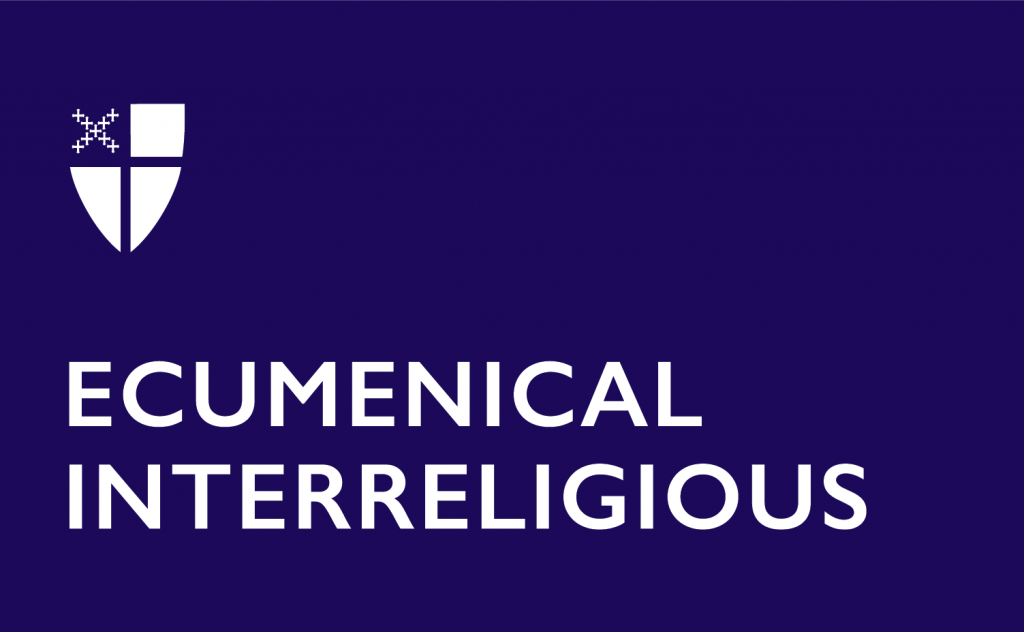A Recommitment to Full Communion (1992)
We the members of the Anglican-Roman Catholic Consultation, meeting in Baltimore June 14-17, 1992, as representatives of our two Churches, recommit ourselves to the restoration of the visible unity to and full ecclesial communion between our two Churches.
In 1965 the first Anglican Roman Catholic International Commission (ARCIC I) came into being under the auspices of Pope Paul VI and the Archbishop of Canterbury, Michael Ramsey. At the same time the ARC dialogue began to meet in this country. ARCIC I ended its work in 1981 with the publication of its Final Report, in which delegates of both of our Churches affirmed that they ad reached ‘substantial agreement’ on such formerly divisive issues as the eucharist and the nature of the ordained ministry, and also a degree of convergence on authority in the Church. This Report was then submitted to the authorities of both Churches for evaluation.
The Lambeth Conference of bishops of the Anglican Communion in 1988 judged the ARCIC statements on eucharist and ministry to be ‘consonant in substance with the faith of Anglicans’ and welcomed the authority statement as ‘a firm basis for the direction and agenda of the continuing dialogue’.
The Vatican Response published in December 1991 gave a warm welcome to The Final Report and commended its achievements, but it was not able to endorse the affirmation that substantial agreement on the eucharist and ordained ministry had been reached.
We here acknowledge that there has been a widespread disappointment with the official Roman Catholic Response to The Final Report, and we note the concern of some theologians about the language and methodology of the Response. And yet we also note and underline that in its Response the Vatican acknowledges that ‘notable progress’ has been achieved in The Final Report in respect to Eucharistic doctrine and that ‘significant consensus’ has been achieved on the understanding of ordained ministry. And above all we rejoice that the Response reaffirms the ecumenical goal of our two Churches as ‘the restoration of visible unity and full ecclesial communion’.
We ourselves take up this mission in the United States once again in full knowledge of the discouragement with which many view the slow progress of Christian reconciliation. We do so because, in the worlds of the 1989 Common Declaration of the Pope and the Archbishop of Canterbury, ‘to seek anything less would be to betray Our Lord’s intention for the unity of his people’. We do so because the united witness of Christians makes an important contribution to the development of peace and justice at this time of heightened tension and conflict in our society. We pledge to the members of our two Churches that we will continue to explore the problems that divide us and the opportunities that lie before us. During the next few years we intend to offer to our Churches pastoral, liturgical, and theological initiatives through which we all may move to new levels of common life. In recording this determination we recall the words of Holy Scripture used by Pope Paul VI and Archbishop Michael Ramsey in their original mandate instituting the first Anglican-Roman Catholic Conversation: “Forgetting those things which are behind, and reaching forth unto those things which are before, I press towards the mark for the prize of the high calling of God in Christ Jesus’ (Phil 3:13-14).
June 17, 1992

